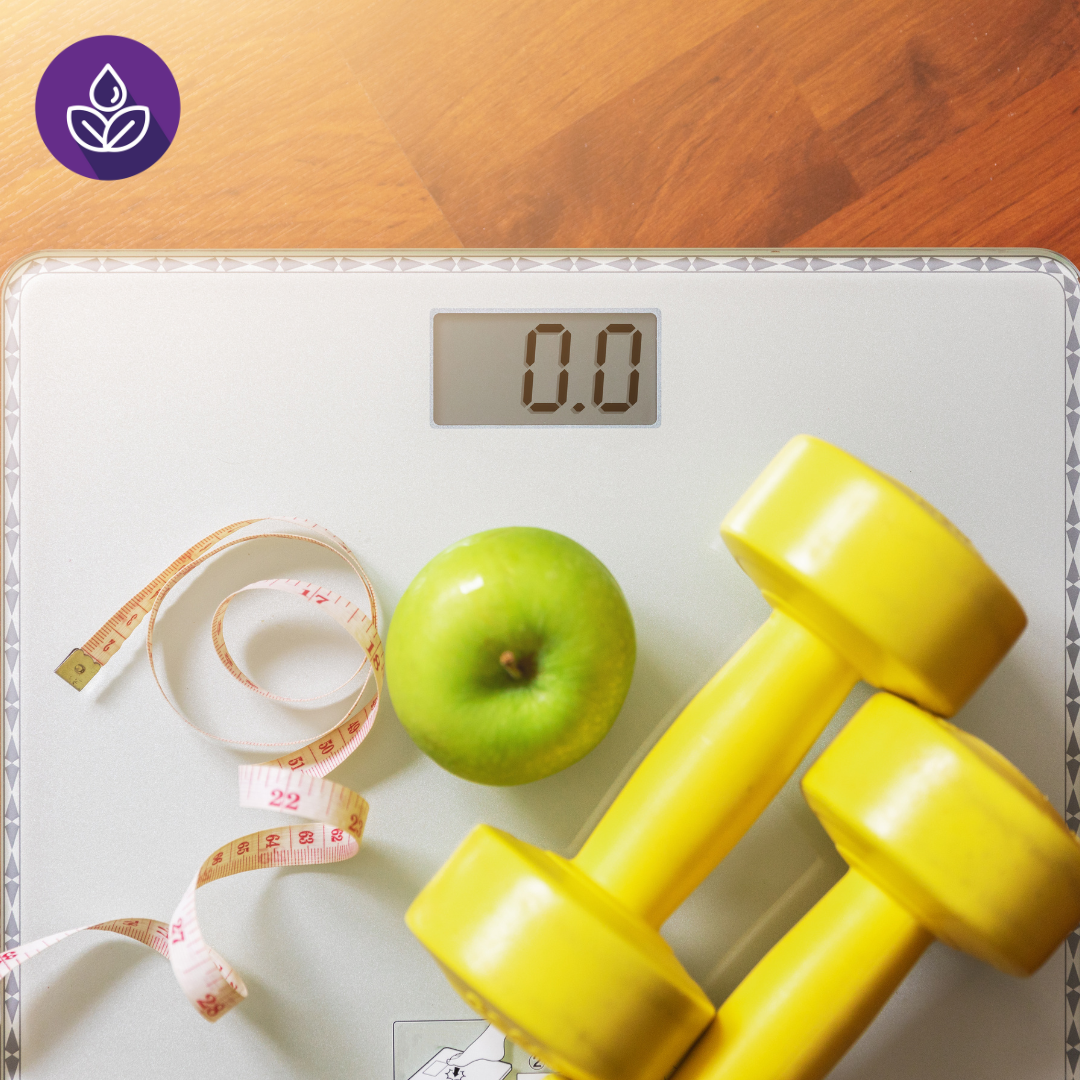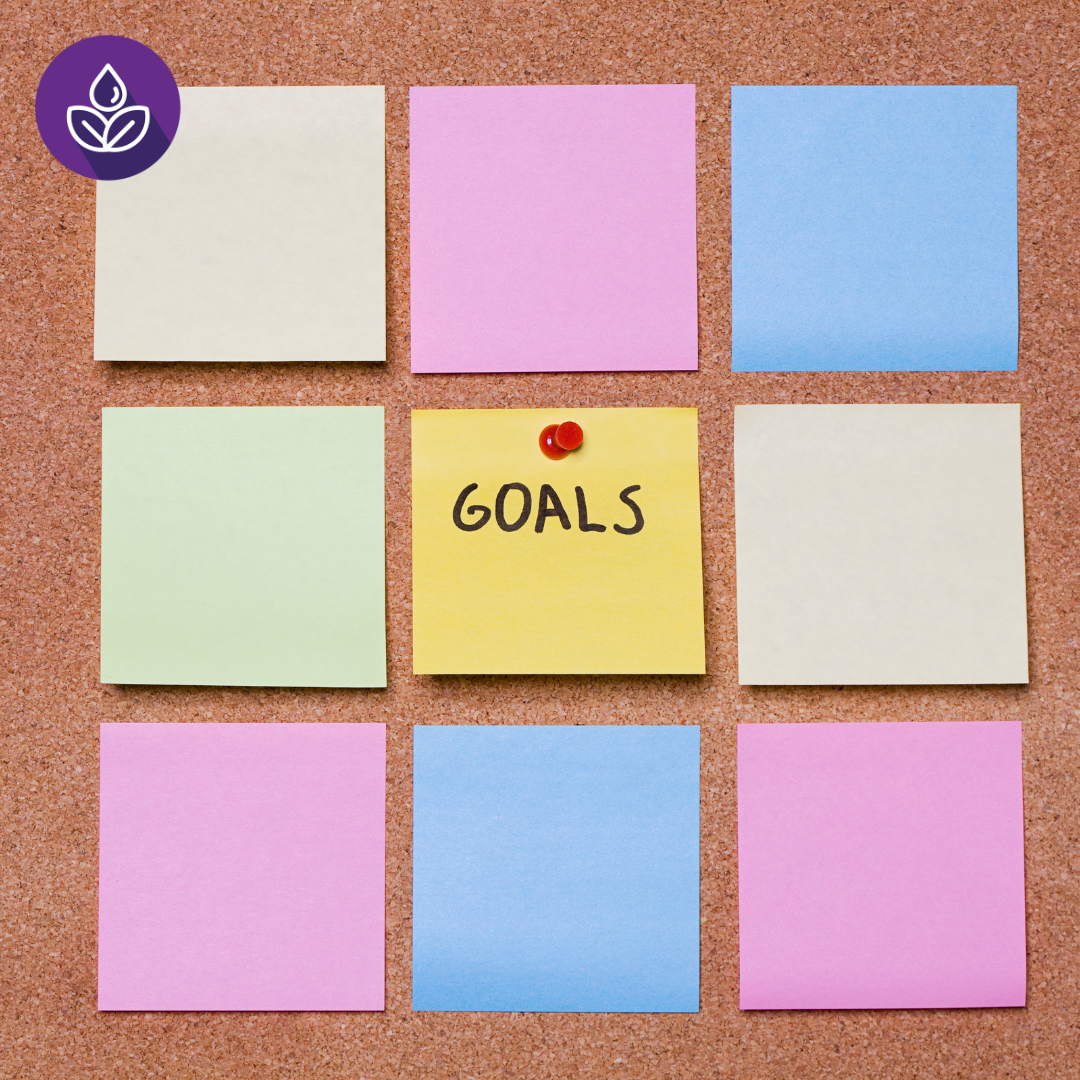Your Midterm Glow-Up: Spaces, Snacks, and Sweeter Habits
Midterms during the winter semester can feel heavier than the fall semester. The days are actually shorter, motivation is at an all-time low, and the deadlines seem to stack up against you all at once. If you’re feeling overwhelmed, you are not alone! I’m in the same boat. The good news is that some small changes to your study space, habits, and fuel can make a huge difference! So easy for me to say, but I promise these small changes made a difference in my grind time and could help you, too.
Here are some ways to set yourself up for a healthier, more focused midterm season.
Choose a Study Space That Matches Your Energy
Where you study matters more than you think! Your environment can either help you focus or drain your energy.
Deep Focus Spots:
When you’re working on something heavy, like memorization or writing a huge paper, choose a quiet space to settle in. A great spot on our Thunder Bay campus would be the quiet library floors or a study room. You can book out a study room in advance on the library website to secure a spot!
Try to sit near natural light if possible. During the winter months, even a small amount of daylight can boost your mood and alertness! There are so many spaces on campus with our beautiful big windows to study near.
When You’re Feeling Unmotivated:
On those low-energy days, studying around other people can help. Spaces like “The Study” or “The Outpost” at the Thunder Bay campus are great spots to study.
Sometimes this is called “body doubling,” which means being around others can help you stay on task.
When You’re Mentally Tired:
If your brain feels a little foggy, a change of scenery might help more than forcing yourself to keep going. I find that when I watch my shows at my desk and then try to study, I have a hard time keeping on task, so I move. Try moving to a different building, sitting near a window, or taking a 10-minute reset walk.
Resetting your environment can reset your focus.
Study Habits That Actually Work
Midterms are very stressful, but studying longer doesn't necessarily mean studying better.
Use Focus Blocks:
Try the 50/10 method
50 minutes of studying or working
Then a 10-minute break
Repeat this cycle two or three times, then take a longer break. Short, more structured sessions can help prevent burnout and improve memory.
Start With the Hardest Task:
Your brain has the most energy when you’re just starting your study session, so tackle the subject or work you’ve been avoiding.
I know it sucks to hear, but finishing up these harder tasks can reduce anxiety and build momentum.
Avoid All-Nighters (if you can):
It may feel productive to stay up late, but sleep is essential for memory. Without enough rest, your brain can’t store information the way you want. This may not be the case for everyone, but it is for most, so get your sleep!
Protecting your sleep is one of the most effective study strategies you have.
Brain Dump
If you’re feeling overwhelmed and you have so much to do and you don’t know where to start, try writing down everything you need to do before you start studying. I know for my brain, it helps me to make a to-do list of only the things I want to accomplish in that session, not everything I need to do for the month.
Getting it out of your head and onto paper reduces stress and helps you focus on one task at a time.
Snacks That Support Your Focus
What you eat while studying actually affects your energy levels.
Good Study Snacks:
Trail mix or nuts
Greek yogurt
Apples with peanut butter (my personal favourite)
Hummus and vegetables
Whole-grain crackers
Dark chocolate (in moderation)
Try to drink water consistently throughout your sessions! Dehydration can increase fatigue and headaches, especially during those long study sessions.
A Note on Caffeine:
Caffeine can help in moderation, but too much caffeine can increase your anxiety, disrupt your sleep, and cause energy crashes. If you’re already stressed out, adding multiple energy drinks may make it worse.
Balance caffeine with water and regular meals.
Protect Your Mental Energy:
Midterms are important, but they are not the measure of your worth.
Take real breaks, such as stretching, walking, or talking to a loved one.
Move your body between study blocks.
Avoid comparing your productivity to others.
Reach out for support if stress feels overwhelming (Student Health and Wellness is a great support!)
Winter semester can feel so heavy and stressful, but you don’t have to power through it all alone. Small adjustments in your space, routine and habits can make studying feel a little more manageable. Midterms are temporary. Taking care of yourself while preparing for them will help you perform better and feel better in the process.
-Kayla McAdam, Peer Wellness Educator Lead












